Back to Courses
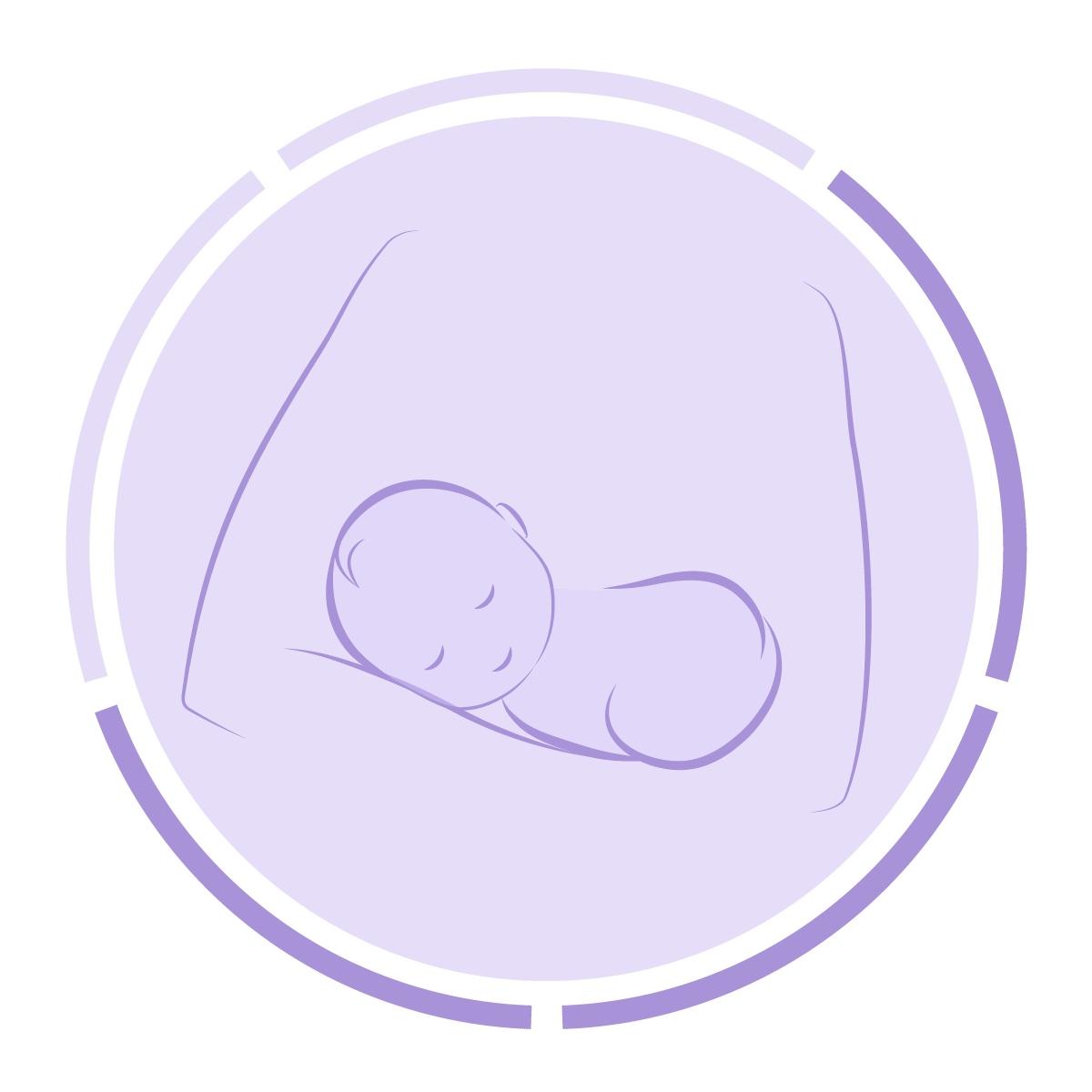
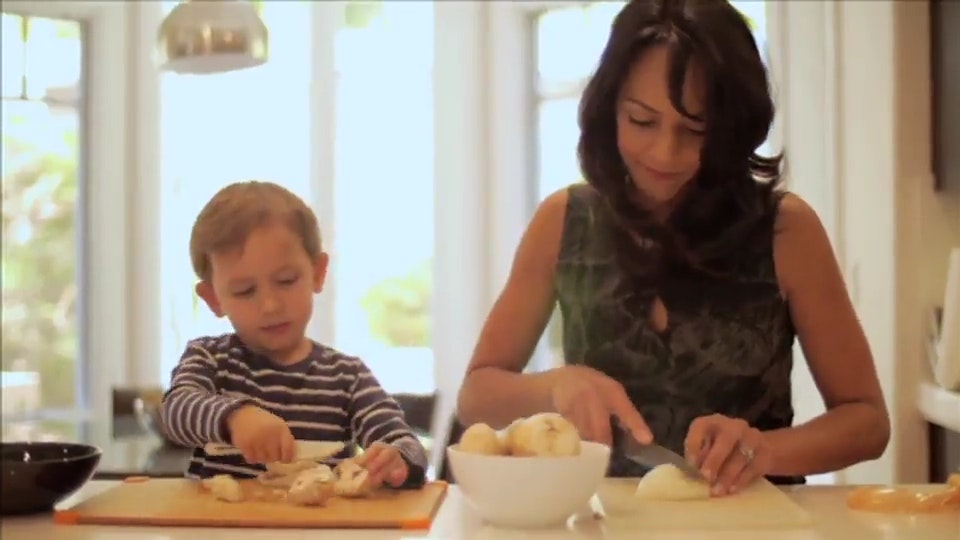
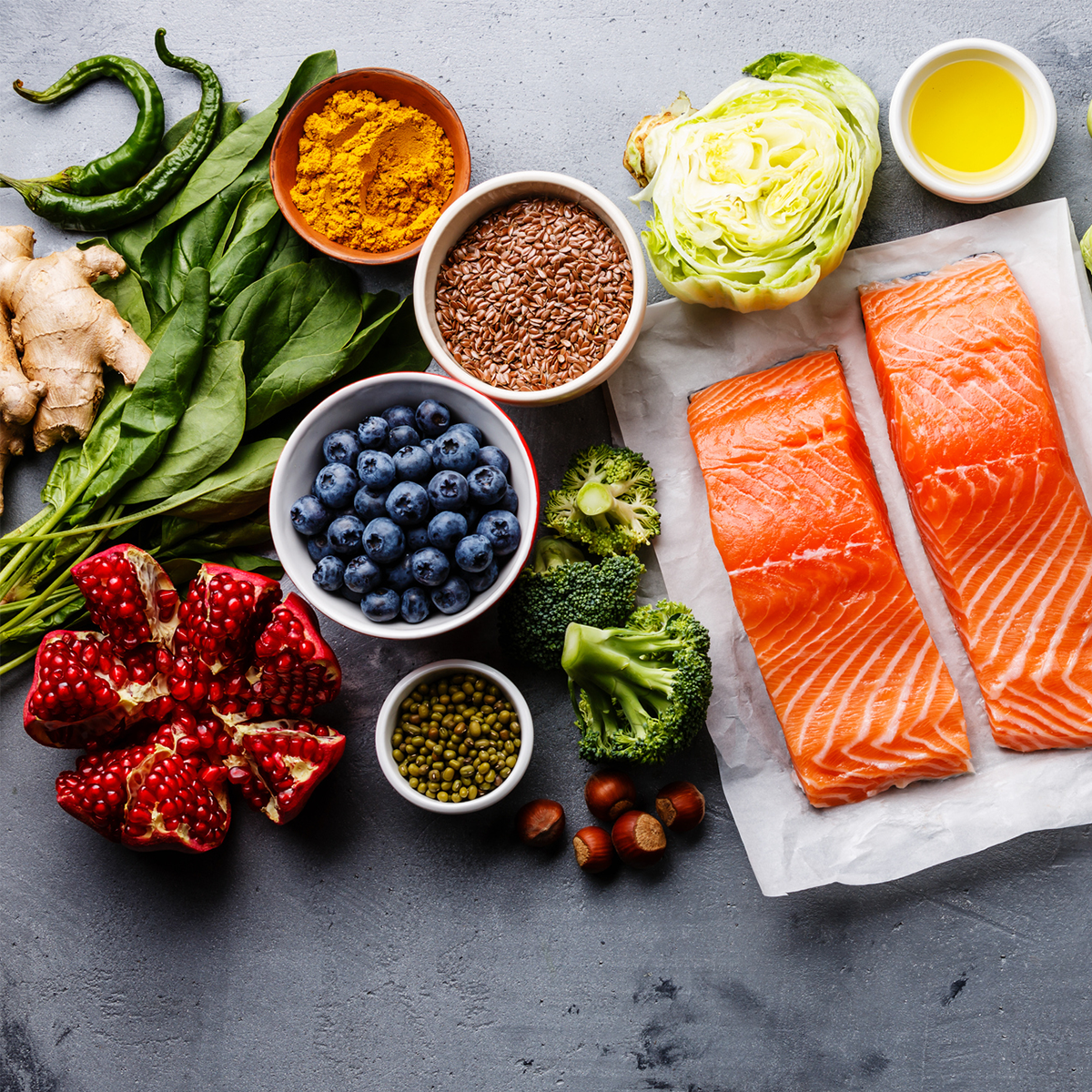
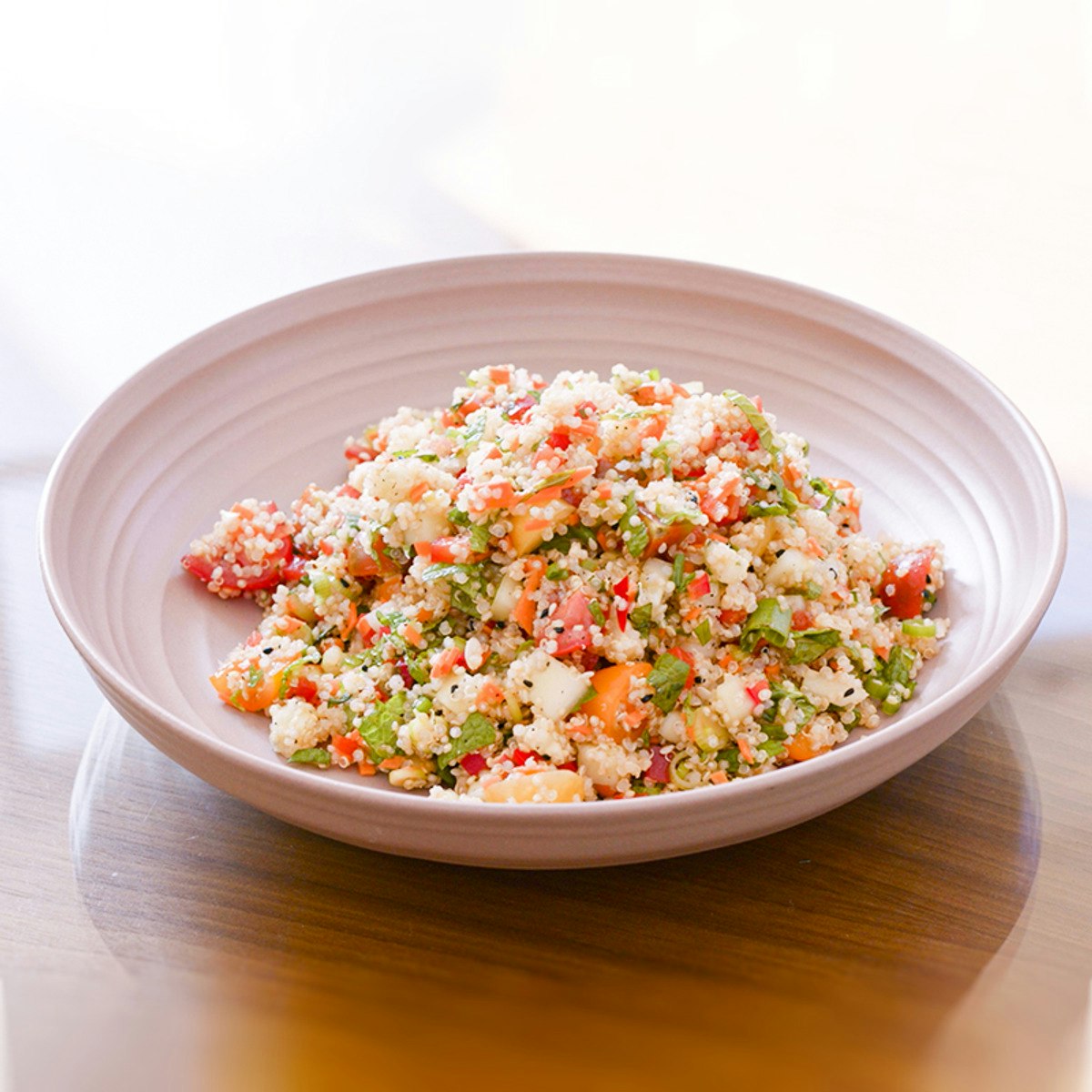


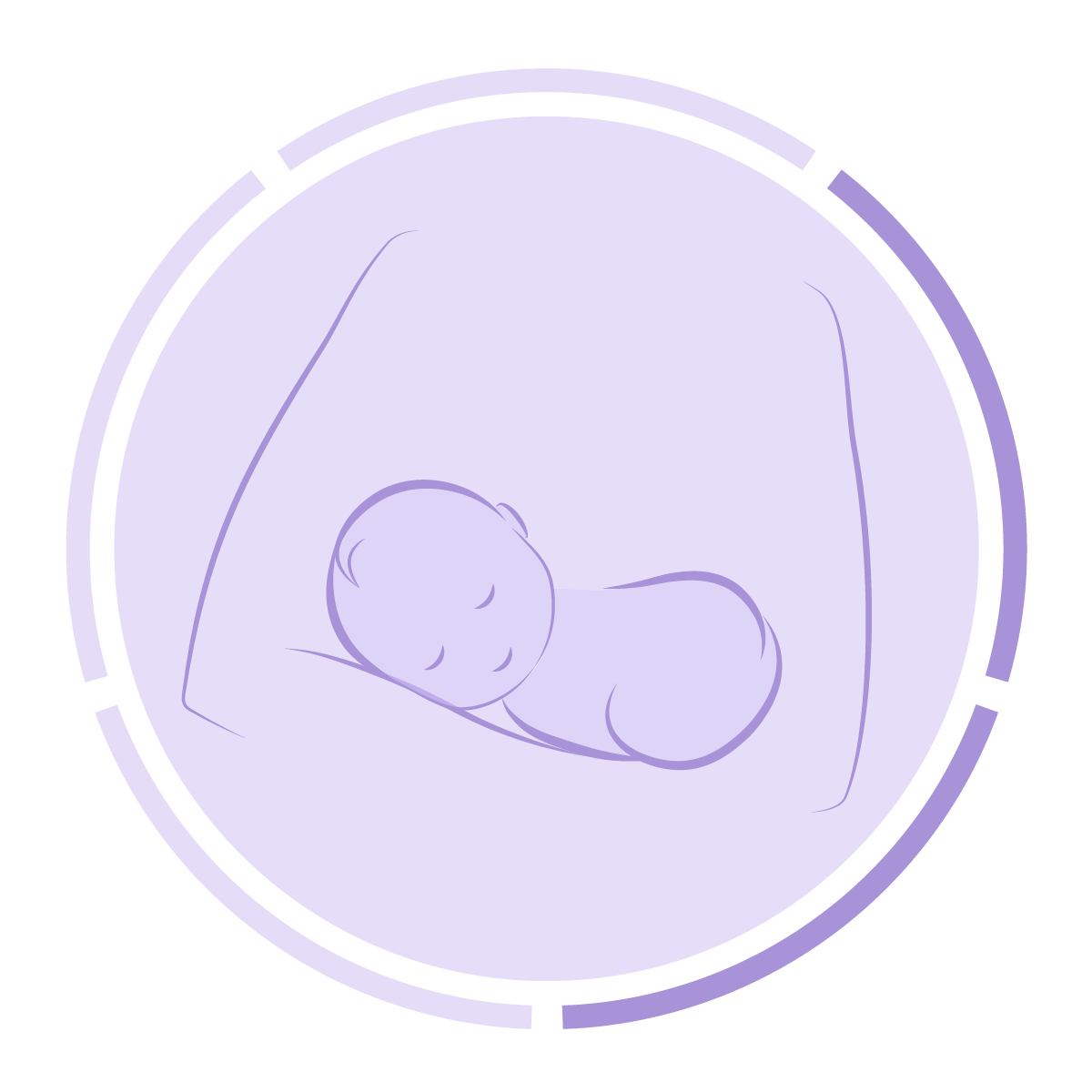


Nutrition Courses
Showing results 1-10 of 21

Designing Your Personal Weight Loss Plan
This 5 week course will guide learners through the essential steps in planning an individualized weight loss program. There is no guarantee of weight loss through completing the course; learners will have the framework and essential components for an evidence-based weight loss program. This course is intended for healthy adults who do not have any chronic disease such as diabetes, high blood pressure, heart disease, lung disease or any others. In addition, this course does not provide information for people who have food allergies or intolerances.
Losing weight and keeping it off requires planning and goal-setting. Crash diets or fad diets are ineffective and can be dangerous. This course provides evidence-based information for planning a weight loss program that is safe and effective in producing a one to two pound loss per week.
This course will help learners establish the following:
1. A realistic goal weight with a specific plan for rate of weight loss and time frame for achieving goal weight.
2. A realistic goal for the frequency, duration, and intensity of exercise that will enable the learner to achieve and maintain the goal weight.
3. A specific set of strategies for grocery shopping, eating in restaurants, eating at social occasions, and dealing with hunger and emotional eating.
4. A plan for monitoring food intake, exercise and weight loss.
5. A plan for continued evaluation of progress to goals and strategies for adjusting goals for continued weight loss for the next 6 months or longer.
6. A thorough understanding of the difficulty of maintaining weight loss and a plan for maximizing the chances of keeping off the weight lost.

Guidance to Keep Newborn Babies Safe and Healthy
In your previous 2 courses, you learned some medical interventions and skills to keep newborns healthy in the days and weeks after they have been born. In this course, you will learn some key things that parents will need to do to keep their babies safe and healthy. The Guidance to Keep Newborn Babies Safe and Healthy Course will teach you best practices for how your baby will spend most of their day: eating, sleeping, and sometimes crying. Parents need to understand how to optimize nutrition, how to create a safe and happy sleep environment, how to safely transport their baby in their car, and how to respond to their baby’s crying.
A newborn baby is an amazing beautiful life filled with hope. There is so much that goes into making sure that babies are born healthy, and so much more to think about after they are born. Whether you are in the health care field, or even a parent, this course is the perfect educational opportunity for you to keep newborn babies healthy in the days and weeks after they are born!

Child Nutrition and Cooking
Eating patterns that begin in childhood affect health and well-being across the lifespan. The culture of eating has changed significantly in recent decades, especially in parts of the world where processed foods dominate our dietary intake. This course examines contemporary child nutrition and the impact of the individual decisions made by each family. The health risks associated with obesity in childhood are also discussed. Participants will learn what constitutes a healthy diet for children and adults and how to prepare simple, delicious foods aimed at inspiring a lifelong celebration of easy home-cooked meals. This course will help prepare participants to be the leading health providers, teachers and parents of the present and future.The text and other material in this course may include the opinion of the specific instructor and are not statements of advice, endorsement, opinion, or information of Stanford University.

Weight Management: Beyond Balancing Calories
Across the globe, more people are suffering from obesity than at any other time in our history. Why has obesity become so common and so challenging? In this course, we will look at the root cause of obesity, as explained by the latest science. We will see how our food environment has evolved over the last half-century, and how it is altering our biology to over-consume calories and resist sustained weight loss. We will also see how stress, a sedentary lifestyle, and inadequate sleep disrupt our appetite control system to promote gaining weight. By developing a better understanding of the physiology behind obesity, you will learn how to work with your body to prevent and manage weight gain. This course will also provide practical tools and strategies for creating a long-term, sustainable weight management plan to leverage your habits and your surroundings.

Cooking for Busy Healthy People
Cooking is one of the most powerful ways in which we can optimize our enjoyment of great quality food while protecting our health. Even on a tight budget, cooking can be a cost-effective, joyful and rewarding way to love the food that will love us back for a lifetime. In this course, you’ll learn some basic recipes from a home cook and two professional chefs who prioritize healthful eating. You’ll also learn some of the fundamentals of principle-based cooking that can help you break free from the chains of having to follow recipes exactly. Better health and creative expression lie in the ability to improvise in the kitchen, using whatever is available to make tasty, simple meals. We can’t wait to welcome you into our kitchens in this mouth-watering course! Here’s to your health and the home cooking that can support it!
Special thanks to course contributors: Israel Garcia, Jacopo Beni, Jesper Baanghaell, Sejal Parekh, William Bottini, Perry Pickert and Friday Films

Introduction to Food and Our Environment
This course is designed to help learners around the world become more sustainable eaters. Course videos can be watched in any order. Feel free to explore special areas of interest by skipping ahead and coming back to less familiar topics at a later stage. Together, we’ll explore key topics, like how food production impacts the environment and why meat production and protein consumption are often at the center of the debate around sustainability. We’ll introduce the pros and cons of different kinds of agriculture, fishing and food packaging, with a focus on how we can make more environmentally friendly decisions on a daily basis. We’ll also look ahead and explore some of the technology innovations that could become increasingly important as we look at the future of food for a growing global population. If this is the first course you’ve ever taken on food and sustainable eating, you’ll come away with concrete tips for how you can make food choices that will protect the world we hand over to the next generation. Our planet needs many people making small changes in the right direction and we’re here to help with that. If you’re an expert in food sustainability, we hope to offer you some tools that could help you to communicate key messages to others in simple, digestible ways. Whatever your level, we hope you’ll join this discussion as we explore, together, the ways in which we can all become more sustainable eaters.
The beautiful story animations were scripted by Lucas Oliver Oswald and animated by Janine Van Schoor.
Special thanks to: Lucas Oliver Oswald, William Bottini, Desiree Labeaud, Christopher Gardner, Sejal Parekh, Arielle Wenokur, Janine Van Schoor, Ann Doerr, Perry Pickert and the fantastic team at Friday Films.

Nutrition and Lifestyle in Pregnancy
Nutrition and Lifestyle in Pregnancy offers an overview of the latest research findings and international recommendations on a variety of nutrition-related aspects and outcomes of pregnancy. Ensuring a healthy nutritional status and lifestyle prior to and during pregnancy is one of the best ways to help support the healthy growth and development of the unborn child. We will look at how a healthy diet and lifestyle should ideally be achieved prior to conception and provide recommendations for pre-conception counselling of women.
We will also look at the nutritient recommendations for a healthy pregnancy to ensure optimal maternal and fetal outcomes as well as focus on the most common nutrition-related pregnancy complications; obesity and gestational diabetes.
The learner will have the opportunity to delve into the cutting-edge world of epigenetic and metabolomic research and appreciate the enormous role that these programming effects have in long-term health and disease outcomes.
Finally, we offer real life, everyday situations and questions from pregnant women to aid healthcare professionals in the nutrition-based counselling of pregnant women and their families.
In addition to the English original, subtitles in Portugese language are available now!

The Newborn Assessment
In your previous course, you learned some medical interventions and skills to keep newborns healthy in the days and weeks after they have been born. In this course, you will learn what some additional skills that medical providers do to keep babies healthy. The Newborn Assessment Course will walk you through the physical examination from head to toe. You are going to learn that this is so much we can discover just by looking at a baby. And yes, we will be listening too, and discussing how medical equipment, such as a stethoscope or a pulse oximeter, can help in your exam. You will begin to be able to distinguish some normal findings from some abnormal findings.
A newborn baby is an amazing beautiful life filled with hope. There is so much that goes into making sure that babies are born healthy, and so much more to think about after they are born. Whether you are in the health care field, or even a parent, this course is the perfect educational opportunity for you to keep newborn babies healthy in the days and weeks after they are born!

Healthy Practices: Nutrition, Physical Activity, and Community and Family Participation
In this course you will find a comprehensive overlook of healthy practices in public schools in the USA, including: physical activity and nutrition in the school setting. We will review the basics of some of the regulatory programs found in the United States that support healthy students through nutrition education and nutrition programs. You will be able to explain some of the nutritional components such as, alternatives to the use of Sugar-Sweetened Beverages. Many of these principles can be applied to students in schools throughout the globe.
You will understand how the schools can support physical activity throughout the day and how they can effectively offer physical education. Learners will be able to explain MVPA, or moderate to vigorous physical activity. They will identify this as the newest method for measuring and evaluating what counts as physical activity in terms of METs. Participants in the course will be able to explain the science behind the recommended "60 minutes of Physical Activity" and what counts toward MVPA both during and outside of the school day.
Learners will be able to evaluate and explain how what students eat and how they exercise impacts student success. We will provide you with information to help you to promote the teamwork that it takes to implement successful nutritional and physical activity programs. Our discussion will include where to find and how to develop community support and encourage family participation.
Later in the course you will understand how attendance impacts student success. Together we will look at real-life examples of programs in a school setting and this will help you to recognize what impact you can have on improving the health and success of students in your own community.

Wine Tasting: Sensory Techniques for Wine Analysis
With its roots in ancient cultures as early as 6,000 BC, wine has long been part of the human experience. Today, increasing worldwide interest in wine and its complexities and varieties has created an international market valued at $304 billion annually. For the learner who is just getting started in the study of wine, this course will help you take the first steps toward understanding the physiological process of wine tasting. The first module will explore types of wine and help you set up your own tasting. You’ll also begin to build a sensory vocabulary. In module 2 you will review classic wine types of the world and set up flights of specific wines. Later we’ll examine the various faults and defects that can appear in wine as well as techniques for spotting problems. In week 4 we’ll delve into the complex world of wine and food pairings, and its “seven deadly sins.” The course will culminate in a peer review project in which you will apply the knowledge and sensory techniques you have developed throughout the course to assess a specific wine.
Popular Internships and Jobs by Categories
Find Jobs & Internships
Browse
© 2024 BoostGrad | All rights reserved